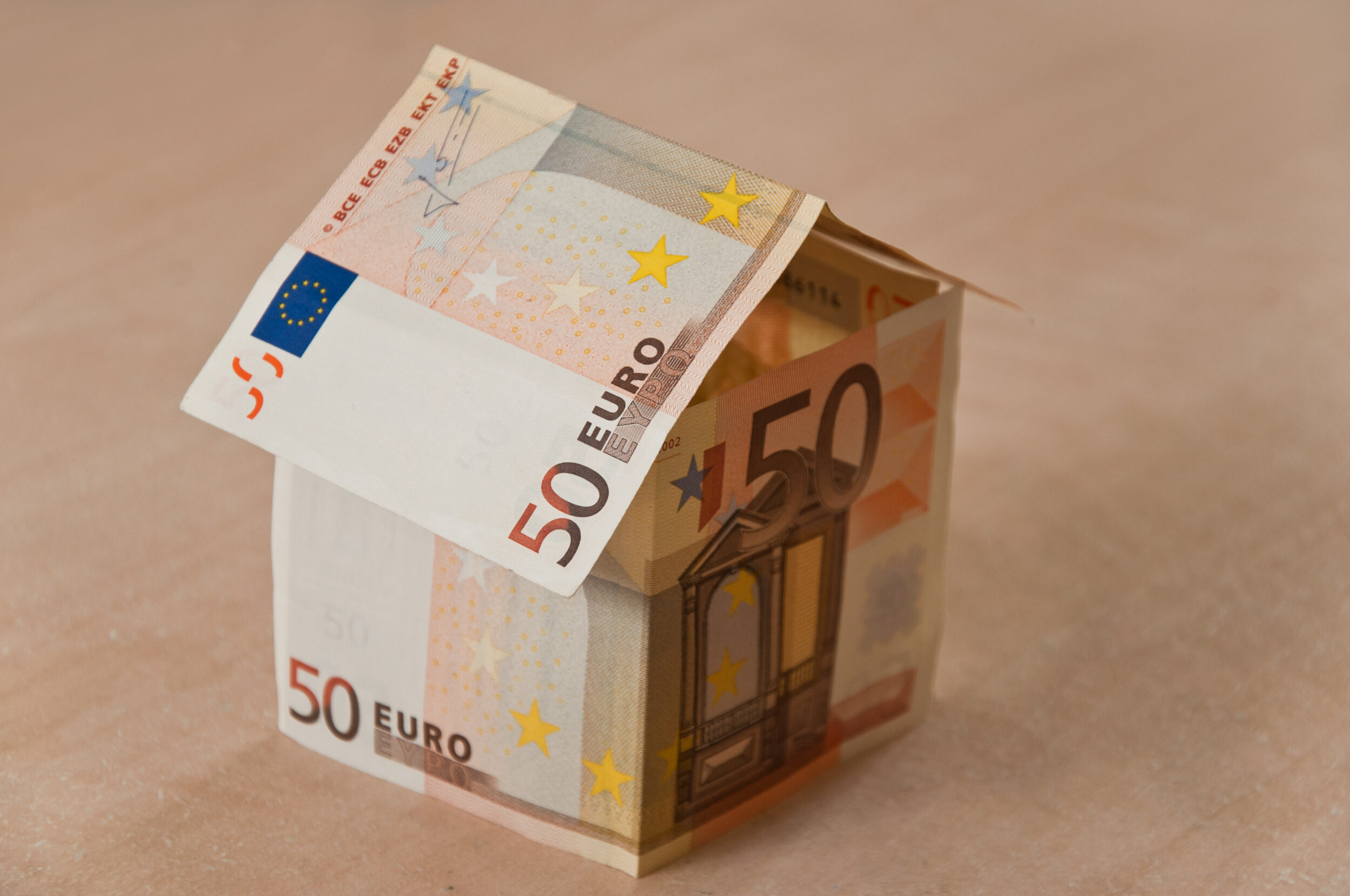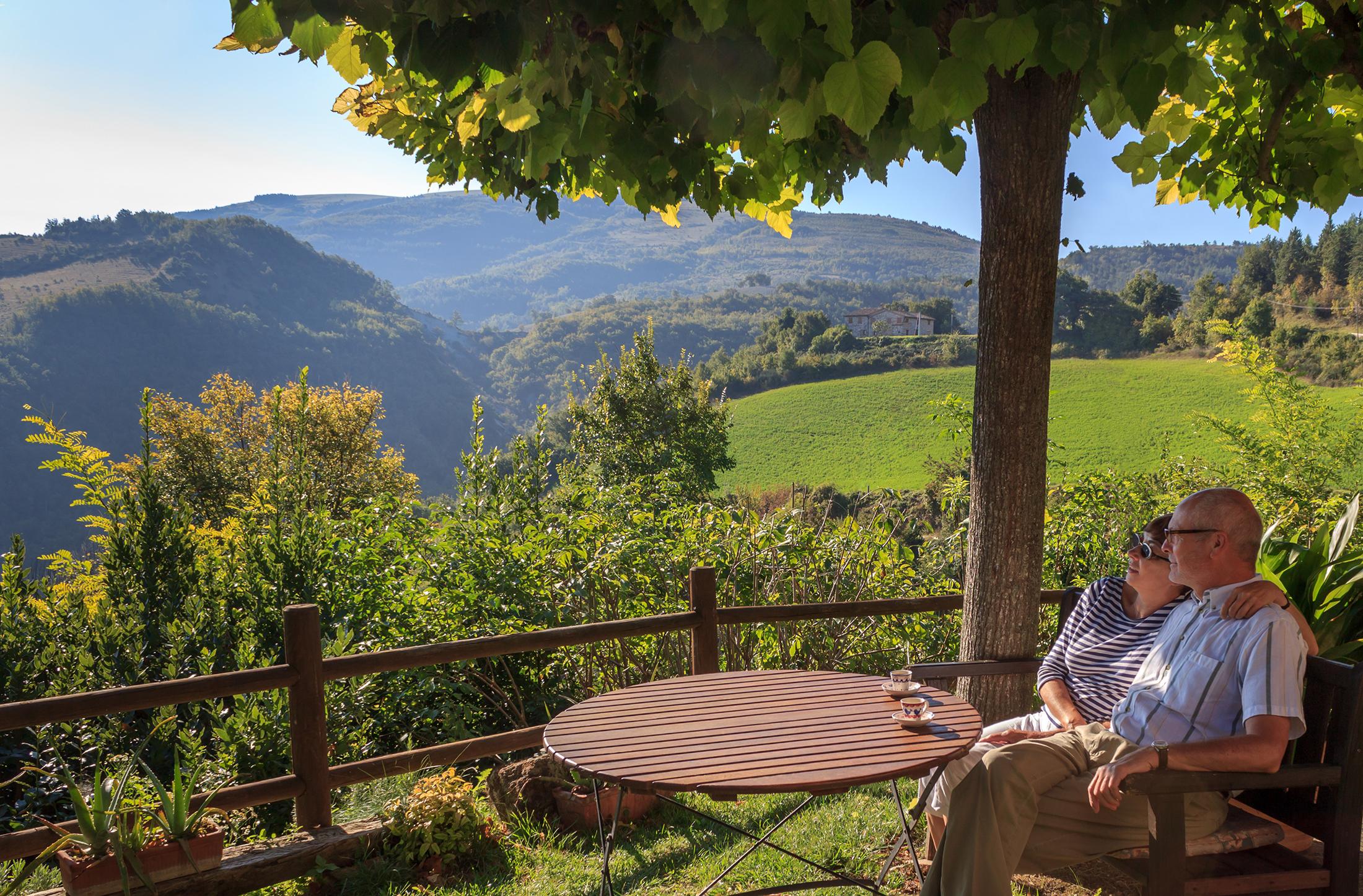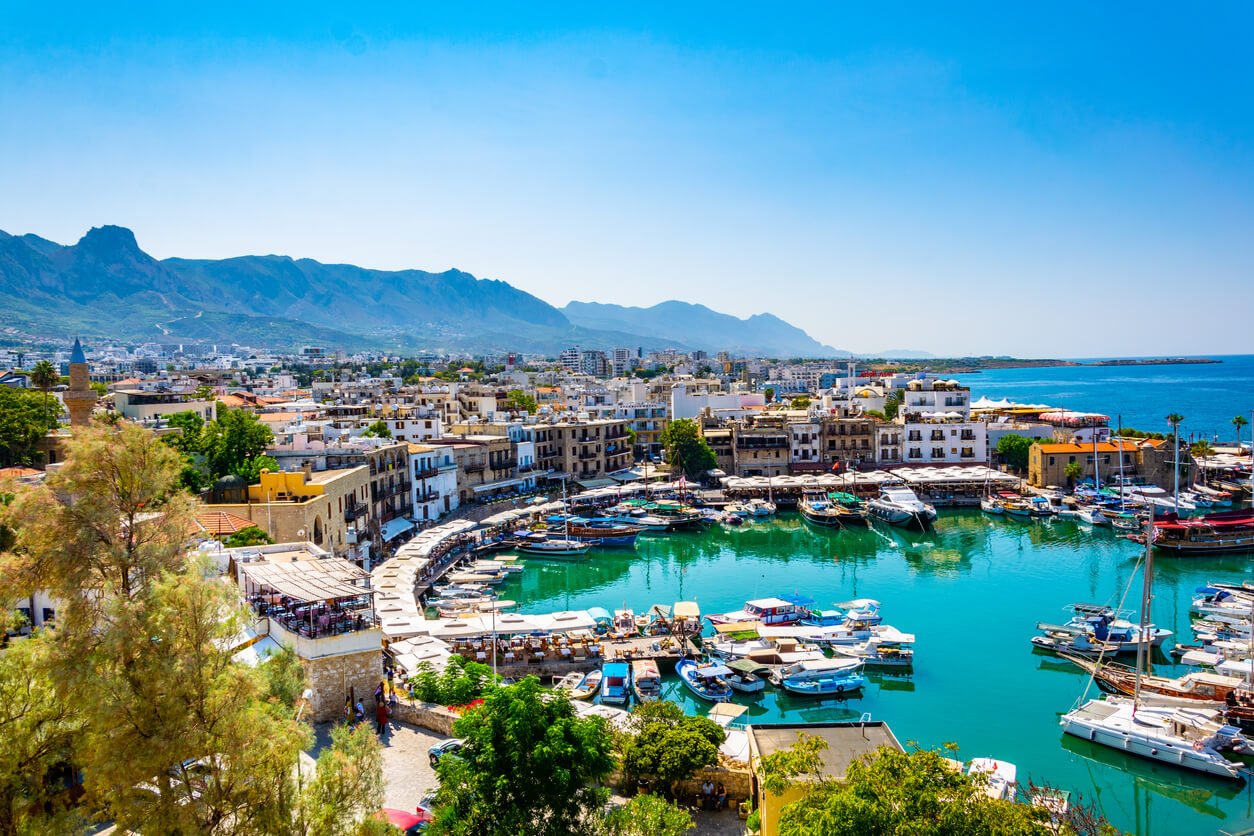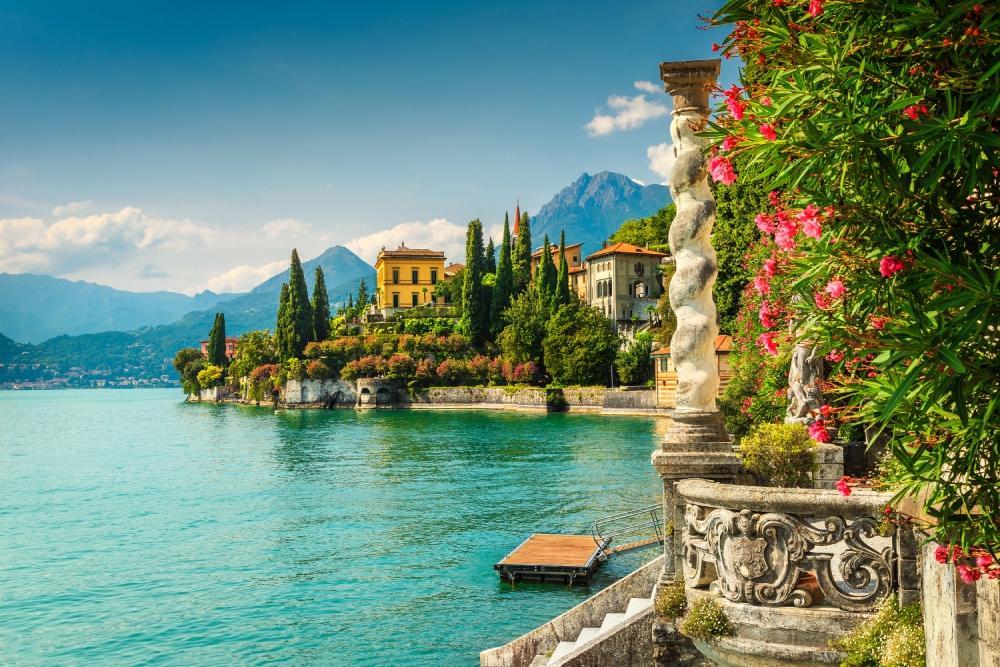
Before finalising a purchase in Italy, it is essential to gather information about property taxation. The taxes to be paid both before and after your acquisition are crucial elements for assessing the feasibility of your project. Depending on your status (resident, non-resident) and the geographical location of the property, you will be required to settle various taxes.
This article from iad Overseas provides an overview of everything you need to know about taxation related to property purchases in Italy.
Property taxes in Italy: overview of expenses to anticipate following your property purchase
At the time of property acquisition
When acquiring property in Italy, taxes and fees are payable to the notary. Thus, at the time of the sale deed registration, you must settle:
- Registration tax – “imposta di registro,” set at 9%. It is not calculated on the market value of the property but on its cadastral value, which is much lower.
- Mortgage tax – “imposta ipotecaria” of €50.
- Cadastral tax – “imposta catastale” of €50.
For the first purchase of a primary residence, the registration tax is reduced to 2%. To be considered your primary residence, you must live there for more than 6 months per year within 18 months of the deed’s signing.
If you acquire the property from a construction professional, you will also need to pay VAT at a rate of 10%. The rate increases to 20% if your property falls into the following cadastral categories:
- A/1 (manors)
- A/8 (villas)
- A/9 (castles, palaces of artistic or historical value).
For first-time buyers, VAT is reduced to 4%. Registration, mortgage, and cadastral taxes are set at €200.
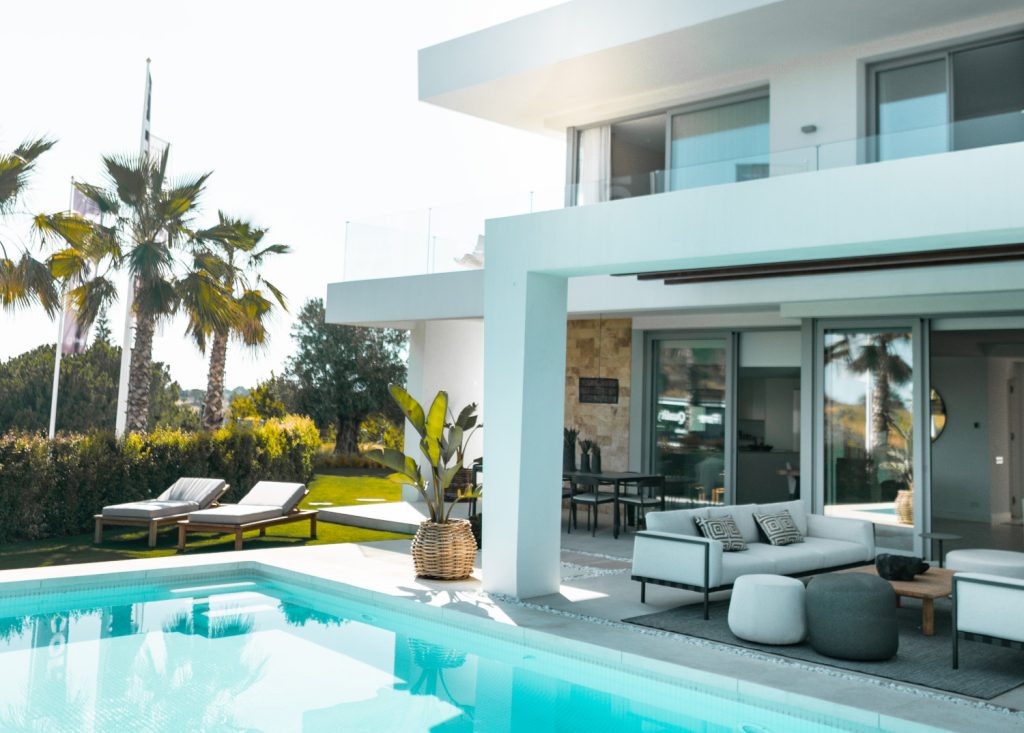
After property purchase
The “Imposta Municipale Unica” (IMU) is based on the cadastral value of your property and is collected by local authorities twice a year (mid-June and mid-December). Residents are subject to the theoretical rental income tax for the year. In any case, the tax does not exceed 1.06% of the cadastral value of the property.
You are exempt from IMU if you are a first-time buyer of a primary residence in Italy.

And on the tax side, how does it work?
You are a resident in Italy
You are considered a tax resident in Italy if:
- You reside in the country for more than 183 days per year.
- You are registered in the registers of the resident population (anagrafi).
The overall income of residents is subject to the progressive income tax scale, known as “imposta sul reddito” (IRPEF or IRE). In Italy, the tax is withheld at the source, directly from your salary. The concept of a tax household does not exist. Thus, your spouse or children are not included in your tax assessment. However, they may enable you to benefit from deductions. For example, a tax credit of €800 per child is granted.
The income tax scale consists of five brackets:
| Income bracket | Tax rate |
|---|---|
| Less than €15,000 | 23% |
| €15,000 to €28,000 | 27% |
| €28,000 to €55,000 | 38% |
| €55,000 to €75,000 | 41% |
| Above €75,000 | 43% |
Each year, you are required to declare all of your income, including that derived from abroad. If you hold financial and/or property assets in another country, you are obligated to pay the IVIE (Italian foreign property tax) or the IVAFE (tax on financial assets).
Your rental income is subject to taxation at the marginal rate (IRPEF). Alternatively, you can choose a flat-rate taxation of 21% (“flat tax”) or 10% (in certain regions).
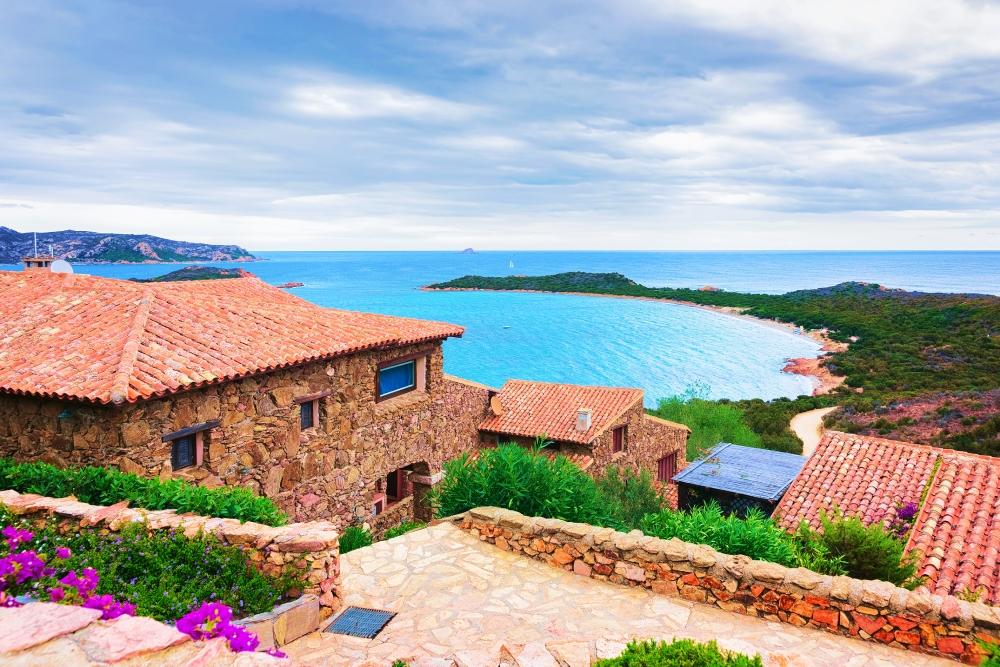
You are a non-resident
Your salaries and wages are taxed in the country where you carry out your professional activities. Your retirement pensions are taxed in your state of residence. Finally, you are liable for tax on your rental income in the country where the leased property is located.
Here are the tax advantages of purchasing a property in Italy:
If you carry out renovation work in your new main residence, the costs incurred are deductible up to 50% of your taxes. If they improve energy performance, the deduction reaches 75%. It can go up to 90% for the facade renovation of a building located in a historic centre with a high population density.
Retirees settling in a small town in southern Italy benefit from a “flat tax” of 7% on their pension. Active individuals, on the other hand, enjoy a 70% exemption (or 90% if they transfer their residence to southern Italy) on their income from activities in the country. This scheme applies for five years. Athletes benefit from a 50% tax reduction. Finally, the country offers millionaires and billionaires settling in Italy a flat tax of €100,000, covering their entire foreign-source income.

Good news, you have a choice regarding the taxation of property capital gains
In the case of selling a property in Italy, the capital gains generated are taxed similarly to other income. You can choose between applying the progressive income tax scale or a flat rate of 20%. However, if you have owned the property for more than 5 years, you are completely exempt from tax. If it was your primary residence, capital gains are also exempt.
Is your dream to acquire a property in Italy? iad Overseas property consultants* are here to support you every step of the way in your property project. They diligently search for the ideal property that aligns with all your criteria. Choosing character-filled properties at the best prices, they ensure you are ready to embrace the dolce vita**. Are you prepared to live the sweet life?

- https://www.lendo-avocat.fr/fr/actualites/id-10-acheter-un-bien-immobilier-en-italie
- https://it.ambafrance.org/Fiscalite-11468
- https://impotsurlerevenu.org/l-impot-a-l-etranger/928-italie-fonctionnement-du-systeme-fiscal.php
- https://www.lesechos.fr/idees-debats/cercle/opinion-une-maison-en-italie-pour-le-prix-dun-cafe-cela-vous-tente-1162713
- https://assets.kpmg.com/content/dam/kpmg/xx/pdf/2023/01/TIES-Italy.pdf
